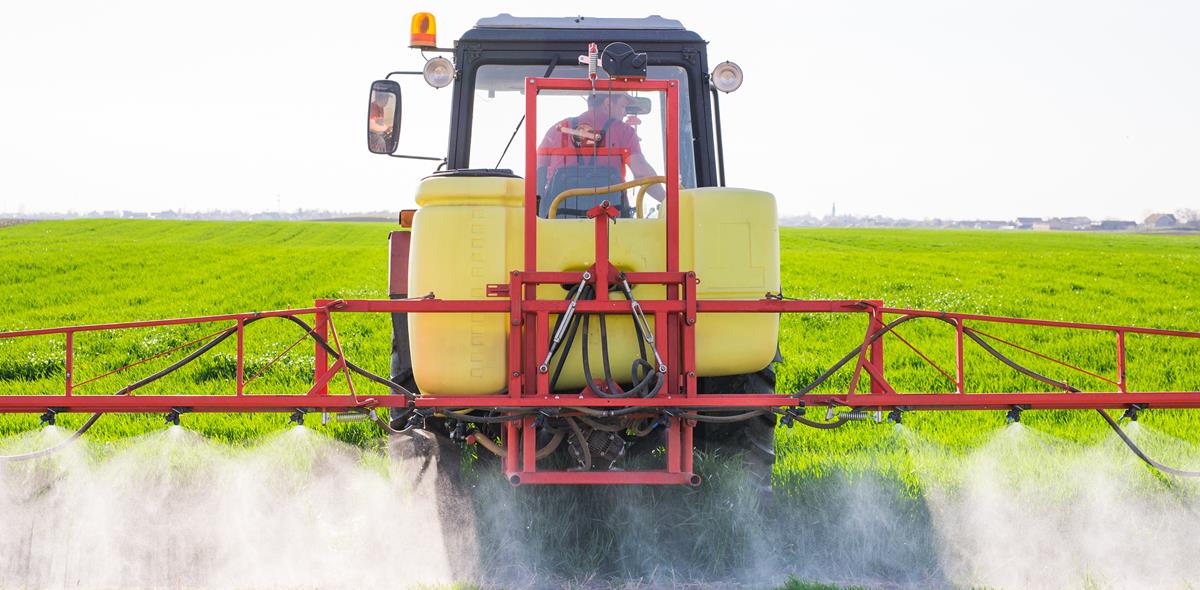MCPA contamination is a growing problem on Irish farms and the chemical is under threat as a result. In 2016, there were 55 water samples exceeding the individual pesticide standard. Of these, MCPA was the herbicide detected in 37 of these samples.
This greatly increased throughout 2017. Speaking at a Teagasc and Bord Bia information evening – held on Fergal Doyle’s farm in Co. Mayo – Teagasc’s Mary Roache outlined that there is practically zero tolerance when the Environmental Protection Agency (EPA) are testing for it in water.
“The quantity is so minute; it is similar to one bean in 20 million cans,” she explained as she addressed the large crowd in attendance.
MCPA is the product of choice when it comes to controlling rushes. However, MCPA is very water soluble and may contaminate water courses as a result of run off.
“We have rushes growing where there is a very high water table and we are using a product that is very soluble in water,” she added.
“We need to be very conscious of the weather conditions when we are applying it. If applying with a boom sprayer, any bit of wind will lead to drift and it can drift for a long distance.”
MCPA is not licensed for use in a weed licker or in a nap-sack sprayer; the product should not be applied between the end of September and the beginning of March.
“MCPA is a hormone-based product and it mimics the plant’s growth hormones. It gets into the plant system and basically makes the plant grow itself to death.
“Your wasting your time spraying unless the plant is actively growing. The plant must be growing to take up the product; this is also a waste of money,” she added.
Mary also highlighted that sprayers – over five years old – must be tested and sprayer operatives must hold a pesticide user number.
The Mayo-based advisor also explained that there are other methods – apart from spraying – that can be used to control weeds on farms; the key to this being good grassland management, she said.
- Draining;
- Spreading lime;
- Hard grazing in summer;
- Mowing/topping.
MCPA remains under threat and is being monitored every second week in certain areas of the country under a new industry-led product stewardship scheme.

